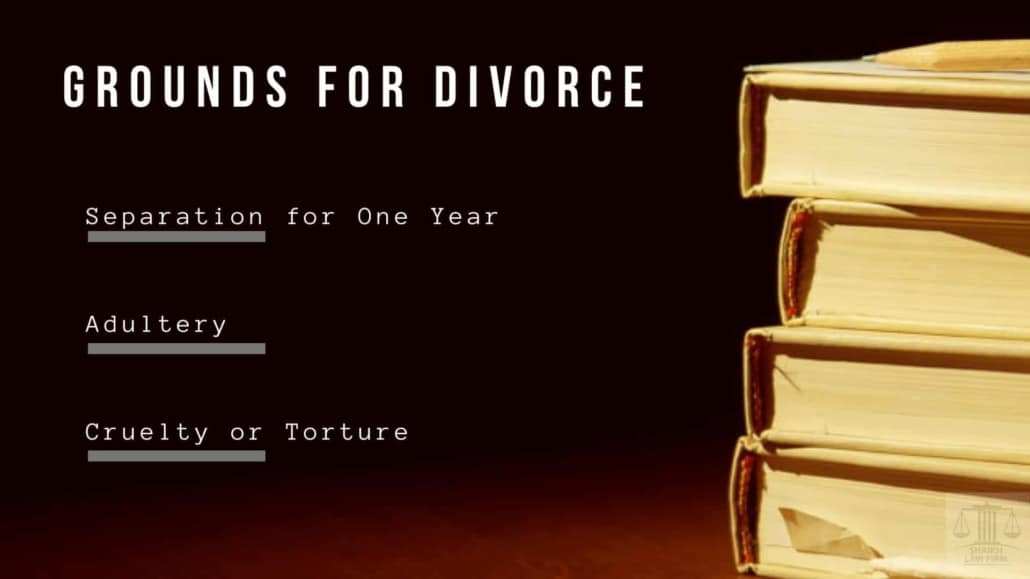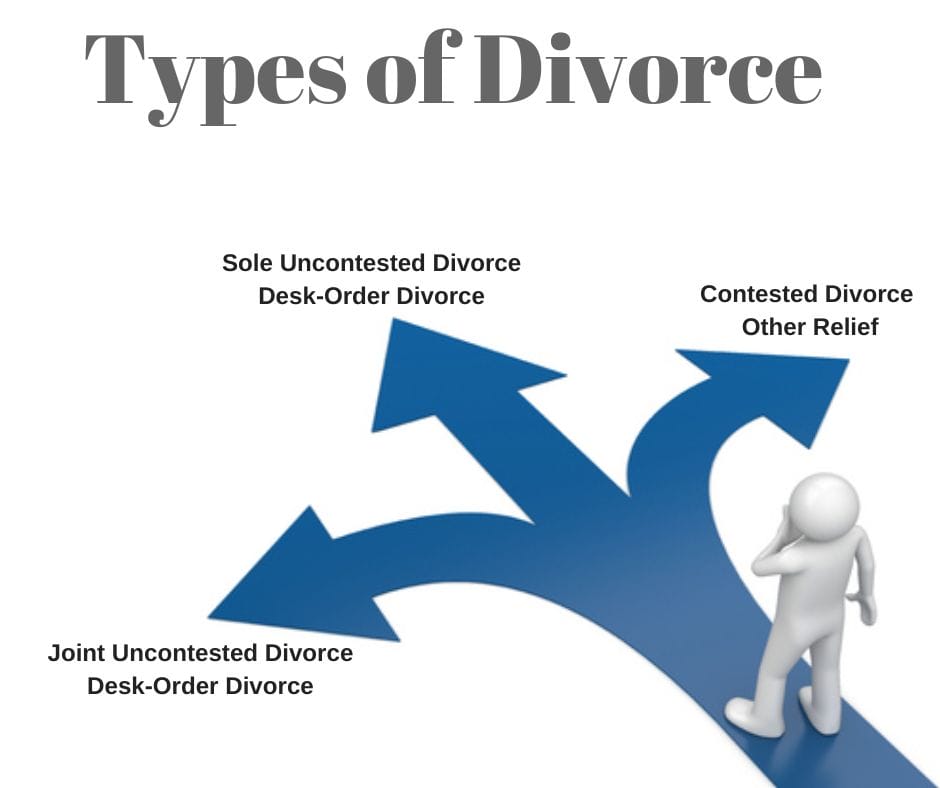Navigating the complexities of divorce in British Columbia can be a challenging journey, fraught with emotional and legal hurdles. The process involves several legal requirements and steps that must be meticulously followed to ensure a fair and legally binding resolution. At Shaikh Law Firm, we are committed to providing our clients with the comprehensive support and guidance needed during this difficult time.
Divorce laws in BC are designed to address the myriad aspects of ending a marriage, from property division to child custody and support. Each case brings its unique challenges and requires a nuanced understanding of the law to protect the interests and rights of all parties involved.
Our team of experienced legal professionals is here to navigate you through every step of the divorce process, ensuring that your rights are upheld and your voice is heard.

Our passion, experience, and unwavering commitment to our client’s success sets us apart from others.

To initiate a divorce in British Columbia, certain criteria must be met to ensure that the legal process is carried out correctly and justly. Understanding these eligibility requirements is the first step toward filing for divorce in the province. Here, we detail the foundational prerequisites that must be considered by those seeking a divorce in BC.
The most commonly cited reason is living separate and apart for at least one year, as it does not require proof of fault. Adultery and cruelty, while less frequently invoked, require substantial proof and can lead to a more complicated divorce process.

Navigating the divorce process in British Columbia involves several key steps, whether the divorce is contested or uncontested. Understanding these steps can help individuals prepare for what lies ahead. Here’s a simplified overview of the process:
1. Determine Eligibility: Before filing for divorce in BC, at least one spouse must have lived in the province for a minimum of one year.
2. Decide on the Type of Divorce: Determine whether the divorce will be uncontested (both parties agree on all terms) or contested (there are disagreements on key issues). For an uncontested divorce, decide if it will be a single or joint application.
3. File the Necessary Forms: For an uncontested divorce, file a Notice of Family Claim (Form F3) in the Supreme Court of BC. In a joint application, both spouses file together, indicating their agreement on all matters. For a contested divorce, the initiating spouse files the Notice of Family Claim, and the other spouse has the opportunity to respond.
4. Serve the Documents: In a single application, the filing spouse must serve the divorce documents to the other spouse, following specific rules for service. In a joint application, this step is not necessary since both parties are filing together.
5. Wait for the Response: In a contested divorce, the other spouse has 30 days to respond if they were served in Canada. The response could agree to the divorce, disagree with the claims, or make additional claims.
6. Financial Statements: Both parties may need to exchange financial statements to determine matters related to support and property division.
7. Attend Court (if necessary): For contested divorces, or if there are disputes in an uncontested divorce, attending court may be necessary to resolve these issues. In uncontested divorces, especially joint applications, this step might be skipped if all agreements are clear and documented.
8. Finalize the Divorce: Once all issues are resolved and the required waiting period (usually one year of separation) is complete, the court can issue a divorce order. For uncontested divorces, this can sometimes be done without either party appearing in court.
9. Obtain the Divorce Order: After the judge signs the divorce order, there is a 31-day waiting period before the divorce becomes final. Once final, you can obtain a Certificate of Divorce from the court.
This process can vary in duration and complexity, depending on the specifics of each case and whether the divorce is contested or uncontested. Legal guidance from a firm like Shaikh Law Firm can provide invaluable support throughout this process, ensuring that your rights are protected and the divorce proceeds as smoothly as possible.
At Shaikh Law Firm, our divorce lawyers in BC offers a comprehensive range of services, from managing uncontested divorces to navigating the complexities of contested divorces in Ontario.
We have successfully assisted clients with contested divorce cases, addressing multiple claims, including child custody, child support, the enforcement and termination of child support payments, spousal support, and the division of property and pensions.
When a marriage ends, decisions regarding the welfare of any children involved are paramount. British Columbia’s legal system prioritizes the best interests of the child in determining custody and support arrangements. Here’s an overview of how child custody and support are addressed during a divorce in BC:
Child Custody
Types of Custody:
Determining Custody:
The court considers several factors to determine what arrangement is in the child’s best interests, including the child’s health, emotional ties, and the parents’ ability to provide care. The child’s own preferences may also be considered, depending on their age and maturity.
Child Support
Changes to Custody and Support
Circumstances change, and the arrangements made at the time of divorce might need to be adjusted. Parents can apply to the court to change the custody or support terms if there has been a significant change in circumstances, such as a change in income, relocation, or a change in the child’s needs.
Legal Assistance
Navigating child custody and support issues can be complex and emotionally charged. Legal advice can help ensure that the arrangements made are in the best interests of the child and fair to both parents. Firms like Shaikh Law Firm can provide the necessary guidance and representation to navigate these sensitive issues effectively.
What Is Spousal Support?
Spousal support (or alimony) involves financial payments from one spouse to the other after a separation or divorce. Its goal is to balance economic differences caused by the end of the marriage, ensuring both parties can maintain a reasonable standard of living.
Why Is It Granted?
How Is It Determined?
Types of Spousal Support
Calculating Support
The amount and duration of spousal support are influenced by the Spousal Support Advisory Guidelines. These guidelines offer ranges for both, considering the spouses’ incomes, marriage duration, and other relevant factors. However, the exact figures are often determined through negotiation or court decisions tailored to the couple’s unique situation.
Legal Guidance Is Key
Navigating spousal support requires understanding complex legal principles and negotiating a fair arrangement. Professional legal advice is crucial to ensure your rights are protected, whether you’re seeking support or required to provide it. A lawyer can help you understand your obligations, negotiate an agreement, or represent you in court if necessary.
Understanding Property Division
In British Columbia, the division of property and debts upon divorce is governed by the Family Law Act. The law aims to ensure a fair and equitable distribution of family property and responsibilities for family debt, based on the principle of equal sharing.
What Counts as Family Property?
Family property includes most assets acquired by either spouse during the marriage, as well as the increase in value of property brought into the marriage. Common examples include:
Excluded Property
Certain assets may be excluded from the division, typically those acquired before the marriage or received as gifts or inheritances. However, the increase in value of these assets during the marriage may be considered family property.
Division of Debts
Just as assets are divided, debts incurred during the marriage are also shared between spouses upon divorce. This includes credit card debts, loans, and mortgages.
The Process of Division
Seeking Legal Advice
The division of property and debts can be complex, involving legal nuances that affect your financial future. It’s advisable to seek legal counsel to navigate this process.
A divorce lawyer can help ensure assets and debts are fairly valued and divided, protecting your interests.
Alternative Dispute Resolution offers divorcing couples methods to resolve their disputes outside of traditional court proceedings. These methods can be more amicable, efficient, and cost-effective.
Key ADR Methods:
Benefits of ADR:
Choosing ADR: The choice depends on the couple’s specific situation, including their relationship dynamics and the complexity of their disputes. Legal advice can help in selecting the most appropriate method and ensuring agreements are fair and legally binding.
ADR presents a valuable option for couples seeking a less contentious resolution to their divorce, emphasizing the importance of informed choice and legal guidance throughout the process.


(905) 795 7757
info@slclawyer.ca
(905) 795 1271
15 Minutes
Multiple Meeting Locations